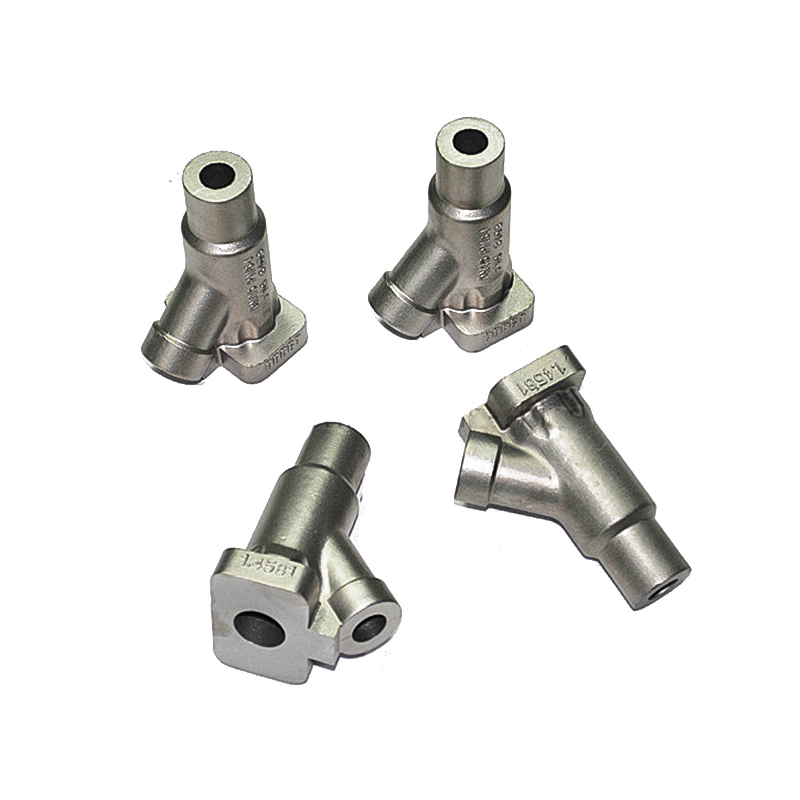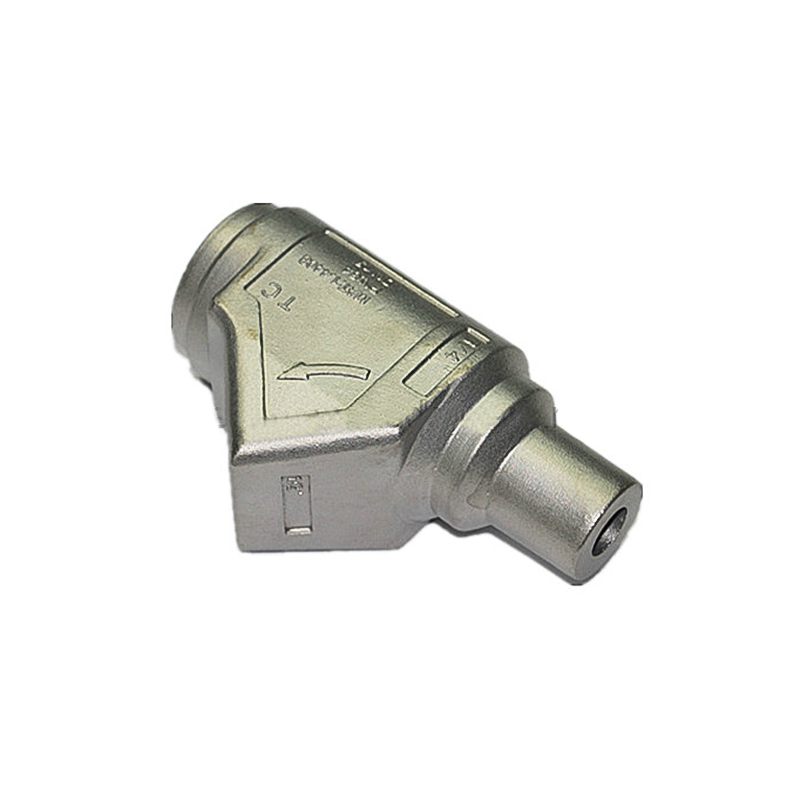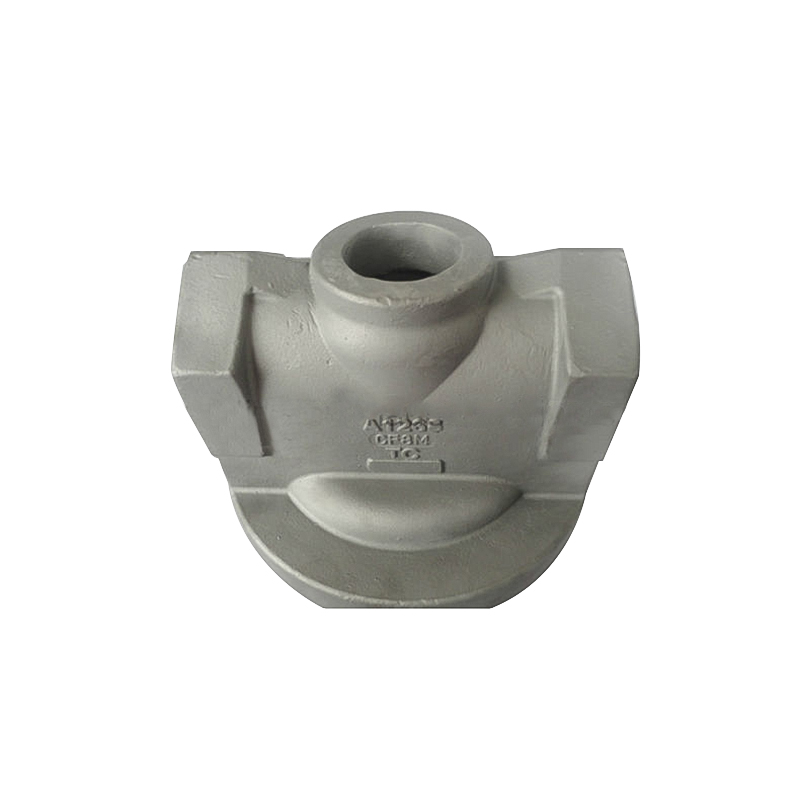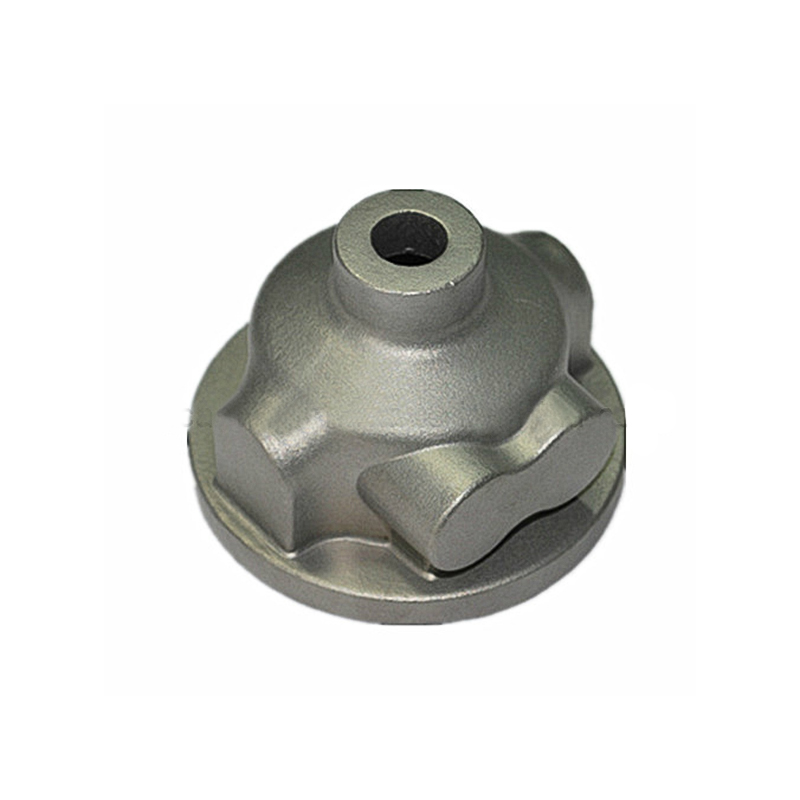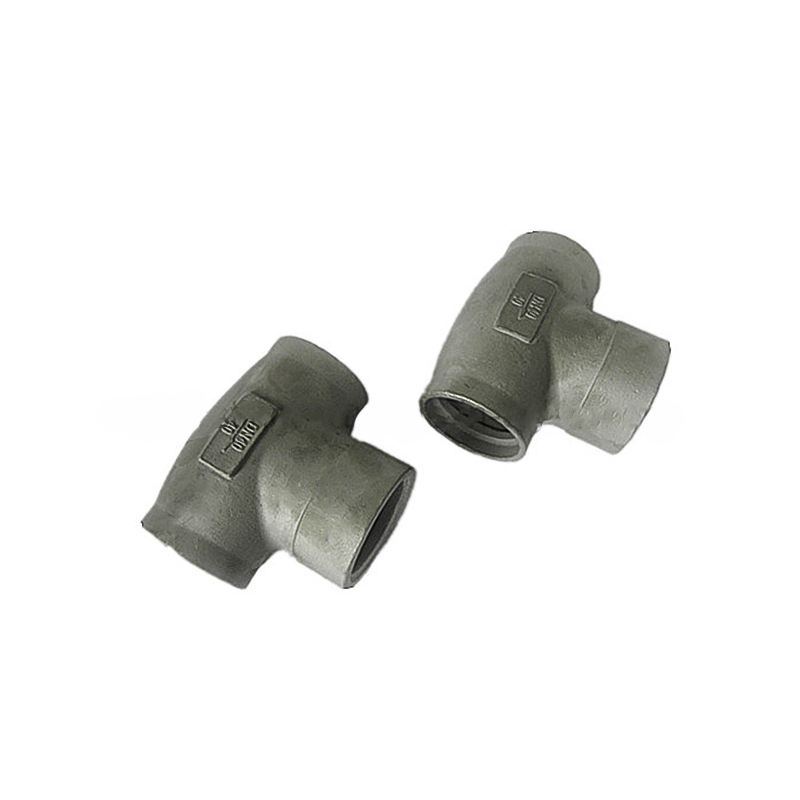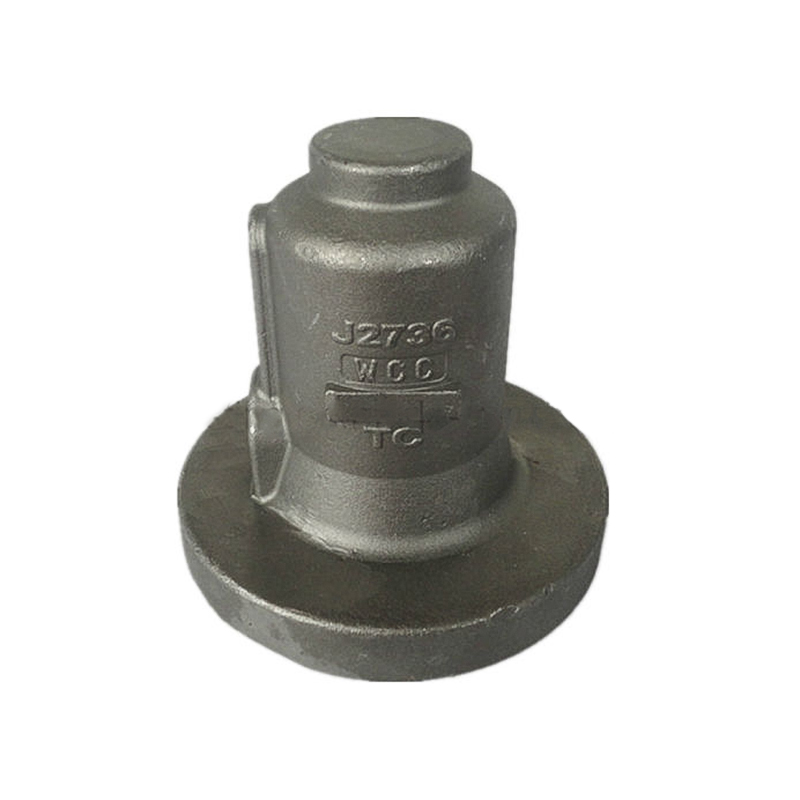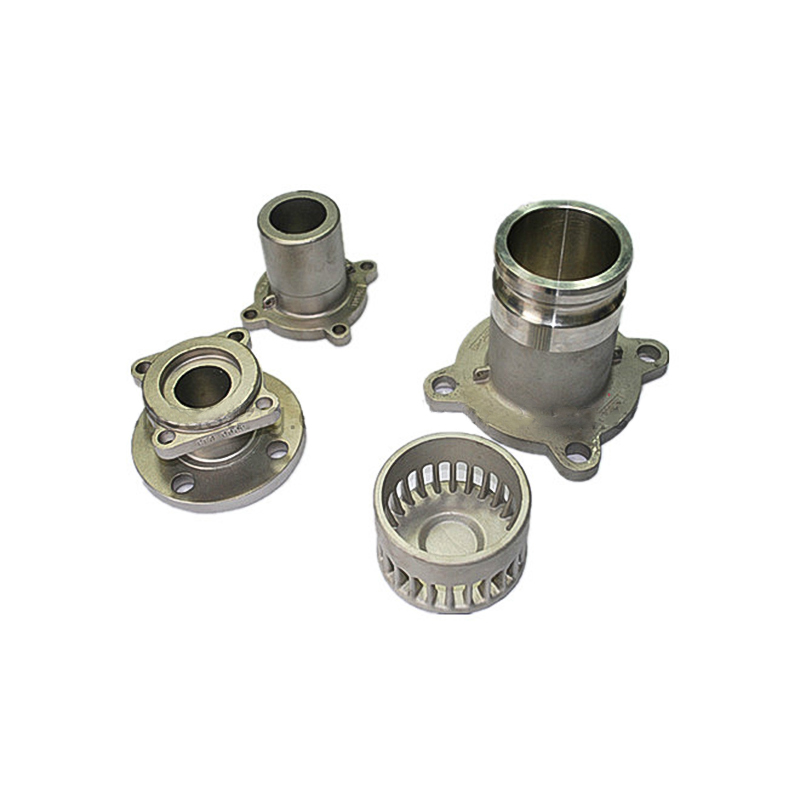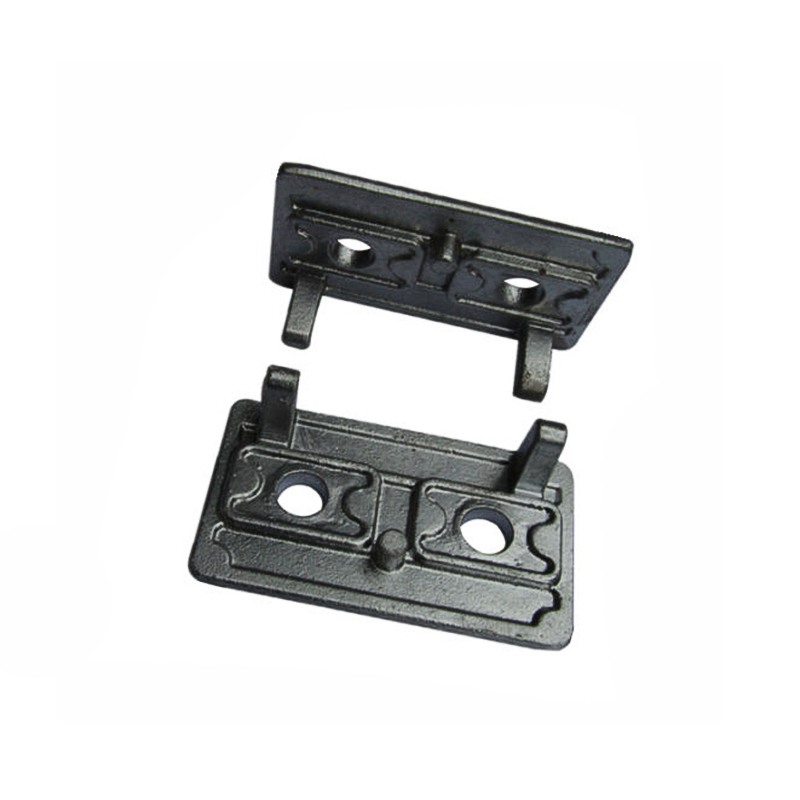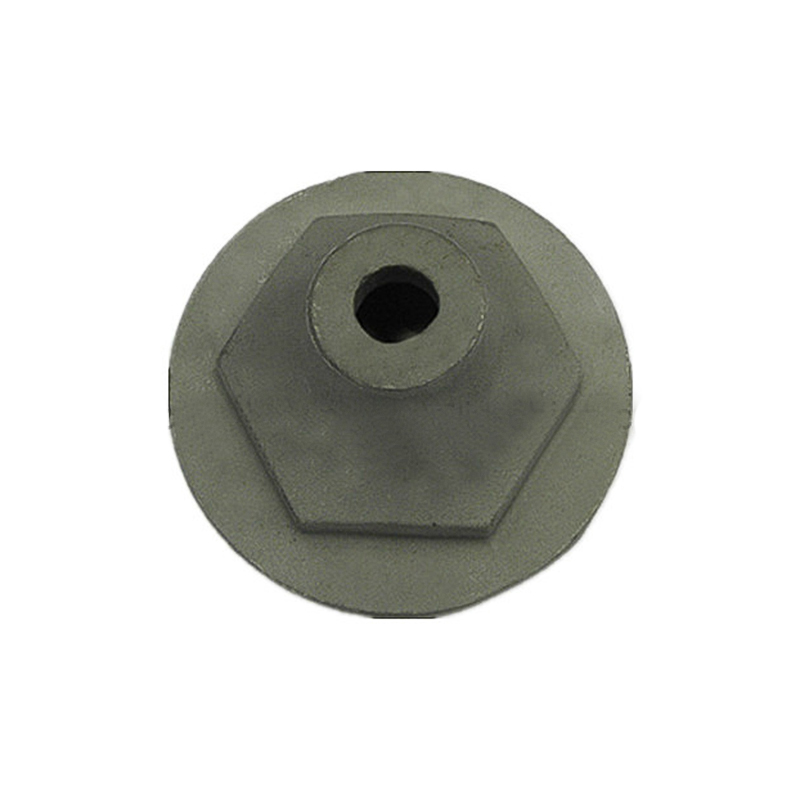How Precision Casting Factories Are Ensuring Quality and Efficiency in Metal Casting
Precision casting, also known as investment casting or lost-wax casting, is a manufacturing process that has been widely used for producing complex metal parts with high accuracy and minimal waste. This technique allows for the creation of intricate shapes that would be difficult or impossible to achieve through traditional methods like forging or machining. Precision casting factories are the backbone of many industries, producing high-quality components for sectors such as aerospace, automotive, medical devices, and industrial machinery.
In today’s competitive market, quality and efficiency are crucial factors that determine the success of a precision casting factory. Manufacturers must meet the stringent demands of their clients while keeping costs under control and maintaining fast production timelines.
Leveraging Advanced Technology for Precision and Consistency
Modern precision casting factories are increasingly relying on state-of-the-art technology to improve both the quality and efficiency of their processes. Technological advancements are central to reducing errors, improving consistency, and ensuring that each cast meets the exact specifications required.
Computer-Aided Design (CAD) and Computer-Aided Manufacturing (CAM): One of the most significant improvements in precision casting has been the integration of CAD and CAM systems. These technologies allow manufacturers to design and simulate the casting process digitally before the physical production begins. This reduces the chances of errors and helps optimize the mold design to achieve the best possible outcome.
3D Printing: Some precision casting factories now use 3D printing or additive manufacturing for rapid prototyping and even to create complex patterns directly. 3D printing allows for quicker and more accurate mold creation, which can greatly reduce production time and material waste. It also facilitates the design of more intricate parts that were previously impossible or too costly to make.
Robotics and Automation: Many factories have integrated robotic arms and automated systems into their workflows. These machines can perform tasks such as pouring molten metal, cleaning castings, and quality inspection with incredible precision and speed. This not only increases efficiency but also reduces the risk of human error, contributing to consistent high-quality output.
Quality Control Measures: Ensuring the Highest Standards
In the precision casting industry, maintaining quality is paramount. The parts produced must meet exacting standards for performance, safety, and durability, especially when used in critical applications like aerospace or medical devices. Precision casting factories use a variety of quality control measures to ensure their products meet these standards.
Material Inspection and Testing: Every batch of material used in precision casting undergoes strict inspection to ensure it meets the required specifications. This often includes chemical composition analysis to verify that the correct alloys are used, as well as mechanical testing to confirm that the material can withstand the stresses it will face in real-world conditions. Advanced technologies like spectroscopy and x-ray diffraction are commonly used for this purpose.
Dimensional and Surface Quality Checks: Precision casting parts must conform to exact dimensional specifications. To ensure this, casting factories utilize advanced coordinate measuring machines (CMMs) and laser scanners to inspect the dimensions of castings before they leave the factory. Surface quality is also a critical aspect, as defects such as cracks, porosity, or rough surfaces can compromise the integrity of the component. Automated systems or manual inspections with high-precision tools help identify any flaws during the casting process.
Non-Destructive Testing (NDT): To ensure that cast parts are free from internal defects, many precision casting factories perform non-destructive testing (NDT) methods such as ultrasonic testing, magnetic particle inspection, and X-ray inspection. These methods allow manufacturers to detect issues like voids, cracks, and inclusions without damaging the part.
Statistical Process Control (SPC): Many factories employ SPC techniques to monitor and control the casting process in real time. By collecting data on variables such as temperature, pressure, and material flow, manufacturers can detect any deviations from ideal conditions and make adjustments immediately, ensuring that each casting meets quality requirements.
Optimizing Efficiency: Reducing Waste and Improving Turnaround Time
Alongside quality, efficiency is a key concern for precision casting factories. In order to remain competitive and cost-effective, manufacturers must streamline their processes, minimize material waste, and meet tight production schedules without sacrificing quality.
Process Optimization and Lean Manufacturing: Many precision casting factories are embracing lean manufacturing principles to minimize waste and increase efficiency. Lean techniques, such as 5S (Sort, Set in order, Shine, Standardize, Sustain) and Kaizen (continuous improvement), help eliminate unnecessary steps, reduce lead times, and ensure that production flows smoothly. By analyzing every stage of the casting process, from material selection to post-processing, factories can identify bottlenecks and inefficiencies and optimize workflows to improve overall throughput.
Advanced Mold Design and Materials: The design of molds plays a significant role in both the efficiency and quality of the casting process. Precision casting factories are adopting more efficient mold designs that minimize material usage while maximizing the yield from each mold. For example, ceramic shell molds are designed to withstand high temperatures, reducing the need for frequent rework. Additionally, the use of refractory materials and sand casting techniques allows for faster turnaround times.
Reduced Material Waste: One of the key benefits of precision casting is its ability to produce parts with minimal material waste. By using the right alloys and optimizing the casting process, factories can reduce excess scrap and ensure that the material is used efficiently. Additionally, recycling programs for scrap metal are becoming more common, contributing to the sustainability of the process and reducing costs.
Faster Turnaround Times: Thanks to advances in automation and digital tools, precision casting factories can now produce high-quality parts much more quickly than in the past. Automated systems can handle repetitive tasks such as pouring, cooling, and cleaning castings, which reduces the need for manual labor and shortens production times. Moreover, the use of rapid prototyping technologies allows manufacturers to design and produce test parts in a fraction of the time it would take with traditional methods.
Sustainability and Environmental Responsibility
In addition to improving quality and efficiency, precision casting factories are also becoming more environmentally responsible. The process of casting can generate a significant amount of waste and consume large amounts of energy, so many manufacturers are adopting sustainable practices to reduce their environmental footprint.
Energy-Efficient Technologies: Many precision casting factories are investing in energy-efficient furnaces, heating systems, and lighting to reduce their overall energy consumption. By using electric induction furnaces and other energy-saving technologies, factories can lower their carbon emissions while maintaining high levels of performance.
Waste Minimization: Efforts to minimize material waste are central to improving both efficiency and sustainability. Precision casting factories are increasingly recycling metal scrap, using more efficient casting methods, and implementing closed-loop water systems to reduce water consumption. These practices not only help reduce environmental impact but also lower production costs by reusing materials.
Green Certifications: Many leading precision casting manufacturers are working toward ISO 14001 certification and other environmental standards to ensure their operations align with best practices in sustainability. These certifications demonstrate a commitment to reducing the environmental impact of the manufacturing process and can also help attract customers who prioritize sustainability.
Customer Collaboration and Customization
Precision casting factories are not only focused on improving efficiency and quality but also on building strong relationships with their customers. Many manufacturers offer customized solutions to meet the specific needs of their clients. This could include designing parts to meet unique performance requirements, developing specialized alloys for a particular application, or adapting the casting process to accommodate complex geometries.
Collaborative Design: By working closely with customers during the design phase, manufacturers can ensure that the casting process is optimized for the specific part being produced. This collaborative approach helps reduce the likelihood of errors and ensures that the final product meets the client's exact specifications.
Tailored Solutions: Precision casting factories are able to provide customized services for industries that require highly specialized components. Whether it's creating lightweight alloys for aerospace or durable parts for the oil and gas industry, manufacturers can tailor their casting methods and materials to meet the most demanding requirements.



 English
English Deutsch
Deutsch 简体中文
简体中文
